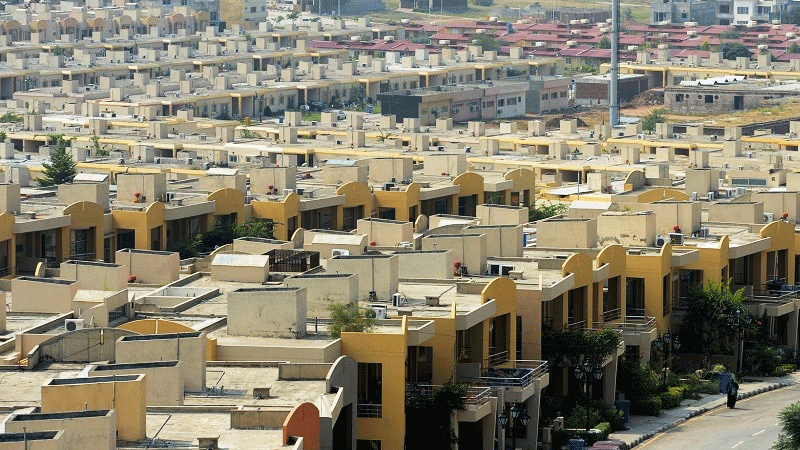In Pakistan, every individual selling immovable property including fillers is required to secure an exemption certificate from the Commissioner Inland Revenue or pay a 1% tax as per new law tax section 7E of the Income Tax Ordinance.
According to a Pakistani tax expert, every seller, regardless of whether they file income tax returns or not, is required to secure an exemption certificate from the Commissioner Inland Revenue or pay a 1% tax under this section.
This requirement applies even to those who are exempt from Section 7E, including owners of one capital asset, self-owned business premises, agriculture land, and assets allocated to martyrs, among other categories. Nevertheless, these individuals are still expected to obtain proof of exemption from the relevant Revenue Commissioner.
A tax expert explained the implications of section 7E of the Income Tax Ordinance on the sellers of immovable properties.
Filers and non-filers
The expert has classified sellers into two main groups: filers and non-filers. Filers are individuals or entities who submit tax returns and may either be required to pay the tax or be exempt from Section 7E. Commencing from the tax year 2022, a new 1% tax will be imposed based on the fair market value of the immovable property. This tax will apply to filers. On the other hand, non-filers will be subject to both the 1% tax under Section 7E and the existing withholding tax, with rates of 3% for filers and 6% for non-filers, on sales or transfers of immovable property.
Compliance verification
Compliance verification is a crucial element of Section 7E. Sellers who submit income tax returns are required to furnish evidence of their compliance with Section 7E regulations to the transferring authority. This entails obtaining an exemption certificate or paying the 1% tax and presenting proof of payment to the registration or transfer authority. Additionally, sellers who own just one immovable property, not covered by Section 7E, must also obtain an exemption certificate.
Obstacle of obtaining exemption certificates
According to the tax expert, the primary obstacle will be obtaining the required exemption certificate from the appropriate Inland Revenue Commissioner. After acquiring this certificate, sellers must submit it to the registration or transferring authority. This process could be challenging for sellers, especially those who are unfamiliar with the intricacies of tax legislations and have not dealt with such requirements before.
Impact of the legislation
This legislation carries substantial consequences not only for individual property owners but also for the overall real estate market in Pakistan. The introduction of an extra 1% tax on property sales has the potential to dampen market activity. Nevertheless, the ultimate effect of this legislation will largely hinge on the efficiency of its implementation and how well property owners adjust to the new requirements.
Future outlook of property sellers
The recent clarification on Section 7E of the Income Tax Ordinance offers a clearer comprehension of the responsibilities placed on sellers of immovable property in Pakistan. As the new tax takes effect from the tax year 2022, it is essential for property sellers, regardless of being filers or non-filers, to fully grasp their obligations under this section and ensure strict adherence.
In conclusion, Section 7E of the Income Tax Ordinance is a multifaceted law that demands careful handling. Property sellers in Pakistan must acquaint themselves with its requirements to avoid penalties for non-compliance. It will be crucial for sellers to remain informed about any legislative changes as they occur, and to understand how these alterations might affect their tax responsibilities.


